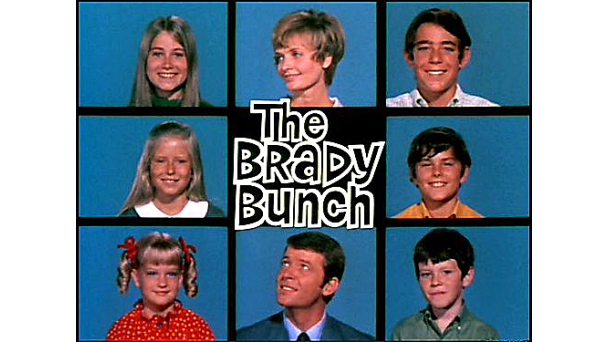Perhaps the most important decision you will ever make is who will serve as guardian(s) for your children. In California, a child under the age of 18 is not legally qualified to care for her or himself if both parents die. Any child under the age of 18 must have a legally appointed guardian. Typically, guardians of minor children are…
Jenna and Mark Livingston were living the life of Reilly. At age 30, they had thriving careers—Jenna as an attorney, Mark as a pediatrician—and three children, aged five months, two, and four. Together, they lived in a four-bedroom home in an exclusive neighborhood with their dog, Pepper. Five months after the birth of their third child, Mark decided Jenna required…

Mary and Thomas Charleton had five adult children. Unfortunately, not all of them had the means to purchase their own homes. So after each child married, the Charletons offered them a low interest loan to cover the down payment, up to a certain dollar amount. All of the children took advantage of the offer.
By the time Mary died—at age 62–three of the loans had been repaid in full. However, the couple’s daughter, Dory, made a partial repayment. When she got divorced after five years of marriage and was forced to sell that home, Dory decided she should no longer be required to repay the loan. A son, Robert, figured the amount of the loan would just be taken out of his share of his parent’s estate. He was fine with that. He made no effort to repay the loan.

When Miranda Jones married Scott Ludlum, with their six children in total, they anticipated a Brady Bunch existence. For many years, they co-existed peacefully, then Scott became seriously ill. It seems upon marriage to Miranda, Scott had failed to update his Living Will, Financial and Healthcare Powers of Attorney, and HIPAA Release. In all of those documents, Scott had appointed his former wife, Lenore, to make healthcare and financial decisions should Scott be rendered incapacitated.
Preplanning avoids disputes over gifts and loans
After Marilyn Walker’s untimely death, her family solemnly gathered for the reading of her will. According to her attorney, Marilyn divided her estate equally among her four children. Everything seemed cut and dried, until Marilyn’s eldest daughter, Kate, spoke up.
Is Your Safe Deposit Box Accessible Upon Your Death?
Harry Williamson planned well for his death. After consulting with his attorney, he prepared and executed a comprehensive estate plan, including a Last Will and Testament, a Living Trust, an Advance Healthcare Directive, a HIPAA release, and powers of attorney for healthcare and finances.
Joint checking accounts are not always the answer.
At age 65, Louisa Willis was anxious to get all of her estate planning ducks in a row. Louisa decided to forgo the traditional methods of estate planning—a Will and Living Trust– and created a joint checking account, naming her son, Ben, as the co-owner. Louisa’s reasoning was simple. By creating a joint account, Ben would have immediate access to her funds “in emergencies,” such as long-term care or upon her death, funeral expenses.
No Will? No Way!
Dying without a Will is a bit like playing Russian roulette. It leaves the distribution of your assets to chance.
A Last Will and Testament not only declares your final wishes as to the distribution of your property, it ensures that those wishes are carried out properly. Upon death, a Will is filed with the local probate court, and it is that court’s job to oversee the distribution of your assets as set forth in that document. When you die without a Will, however, the state determines how your assets will be distributed and that distribution is made by a preset formula. Your desires no longer matter.
A carefully crafted estate plan may have avoided the multi-million dollar battle over Michael Jackson’s estate currently taking place in the U.S. Tax Court. By disposing of his assets primarily by Will, his estate has been subjected to a myriad of red tape as well as the scrutiny of the Internal Revenue Service. Maybe, as his attorneys have argued, his…
